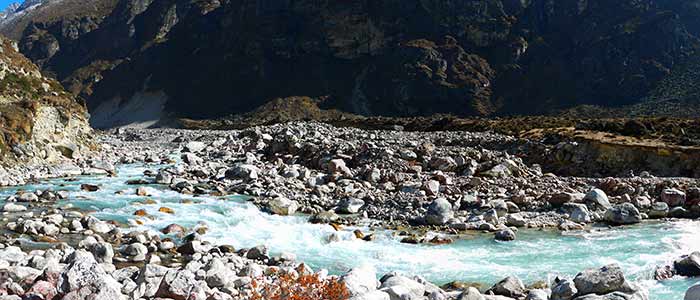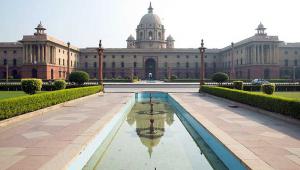Kosi River india.jpg

Kosi River
Three agreements have been reached. Under the first two, $500m worth of World Bank loans will be made available to support resilience, disaster preparedness and agricultural production, A further $75m was announced yesterday which will be used to boost the incomes of small holder farmers and improve their access to health services.
Raj Kumar, joint secretary of the Department of Economic Affairs at India’s Ministry of Finance explained the $75m would focus on marginal famers, especially from caste and tribe households.
The programme will work to improve access to quality seeds, as well as opening up markets and institutional credit provision. It will also improve services in the areas of health, nutrition, water and sanitation, “increasing the coverage and effectiveness of India’s social safety net programmes”, he said.
Last week, the ministry also announced two $250m loans from the World Bank, which will support flood recovery and resilience projects in the states of Bihar and Jammu & Kashmir.
In Bihar, the project aims to increase flood resilience and increase agricultural productivity in targeted districts in the Kosi River basin. It will also enhance the state’s capacity to respond promptly and effectively to emergencies.
Rural farmers and households, including many who have lost their agricultural lands due to silt deposits or do not have access to irrigation, will be the main beneficiaries.
In Jammu & Kashmir, the Jhelum and Tawi Flood Recover Project will work to restore critical infrastructure to communities in the state, as well as enhance resilience and strengthen disaster risk management systems and institutions.
Onno Ruhl, World Bank country director in India, said the region was highly vulnerable to natural disasters that can push millions into poverty. In addition to the reconstruction of roads, bridges and other public infrastructure like schools and hospitals, the project will help the region be better prepared for the future.
“The challenge is to build smarter, so the fragile infrastructure is not undermined. It will incorporate lessons from previous national and global post-disaster recovery projects – to ensure recovery is tatgeted, effective and more resilient to future disasters.”
All three loans will be funded by credit from the International Development Association, the World Bank’s concessional lending arm, with a maturity of 25 years, including a five-year grace period.












